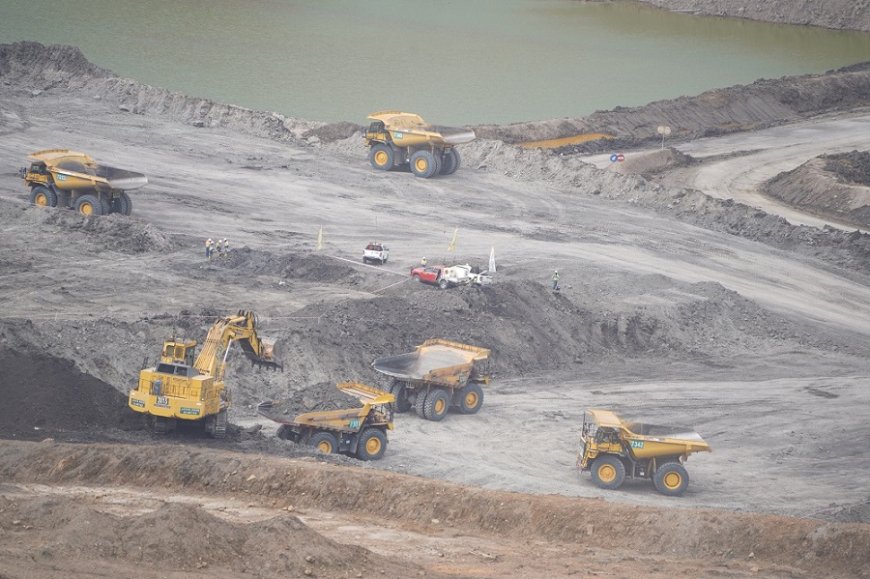
Zimbabwe is set to showcase over $1 billion in lithium processing investments and major mining sector reforms at African Mining Week (AMW) 2025, scheduled for October in Cape Town.
According to the event organizers, Minister of Mines and Mineral Development Winston Chitando will lead the national delegation and deliver a keynote at the AMW Ministerial Forum, themed “From Extraction to Processing: African Governments at the Forefront of Local Beneficiation and Industrial Integration.”
The minister is expected to outline key investment opportunities and emphasize the impact of regulatory reforms, including the revision of the Mines and Minerals Act, which now mandates community investment by mining companies.
Since the ban on raw lithium exports in December 2022, Zimbabwe has attracted significant foreign capital aimed at strengthening local processing capacity.
Notable initiatives include a $310 million joint venture by British and Chinese firms at the Sandawana lithium mine; a $300 million upgrade of Bikita mine by Sinomine Resources; a 300-tonne-per-day processing plant at Mutoko by Rwizi Rukuru; and a $300 million investment by Zhejiang Huayou Cobalt in Arcadia’s lithium facilities.
These projects are central to the country’s strategy to link mining with industrial production. In March 2025, Zimbabwe inaugurated the $3.6 billion Palm River Energy Metallurgical Special Economic Zone in Beitbridge, featuring a 100,000-tonne ferrochrome furnace, a 1,200 MW coal-fired power plant, and a seven million-tonne-per-year coal mine.
Zimbabwe will also highlight developments in its gold and platinum group metals (PGM) sectors. Gold output is projected to rise to 40 tonnes in 2025, up from 36.48 tonnes in 2024, driven by new discoveries such as Kavango Resources’ Hillside project in Matabeleland. In the PGM sector, Karo Platinum is expanding production at its Ngezi mine with a target of 226,000 ounces annually, while Anglo American continues to develop the Unki mine.
With these reforms and investments, Zimbabwe aims to position itself as a hub for lithium processing and industrial beneficiation in Africa, signalling a shift from raw mineral exports to high-value industrial outputs.



